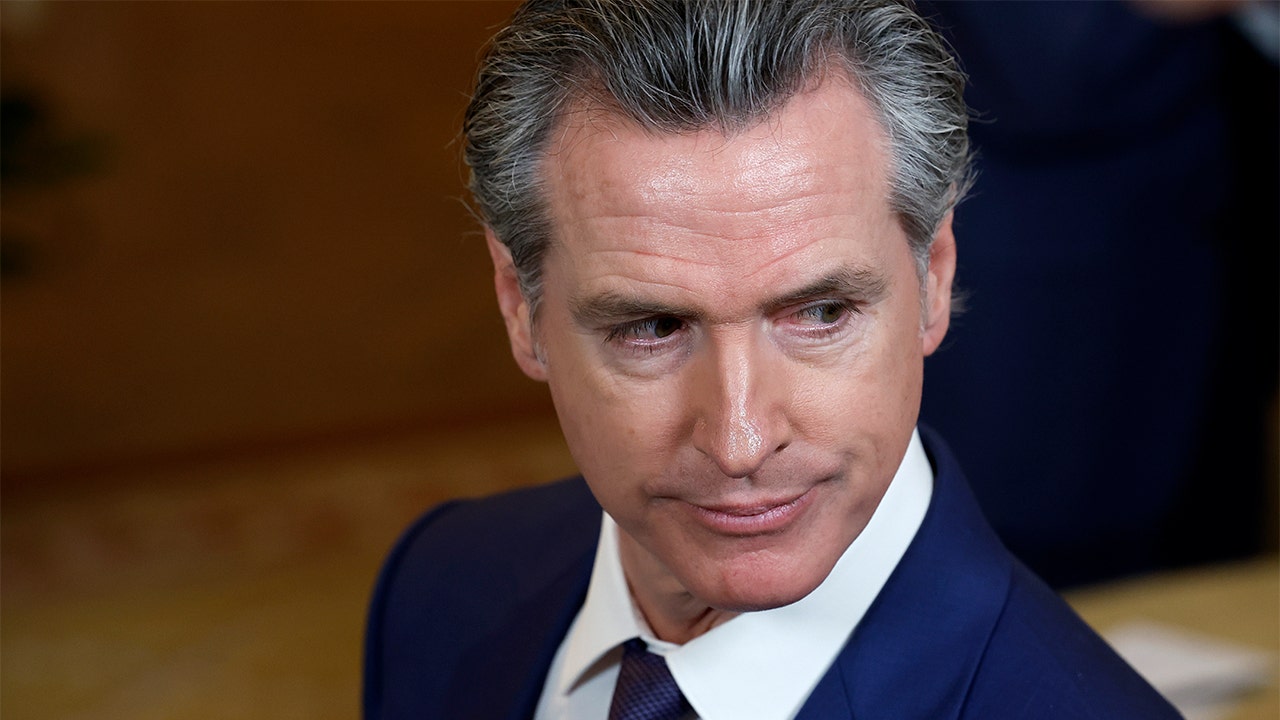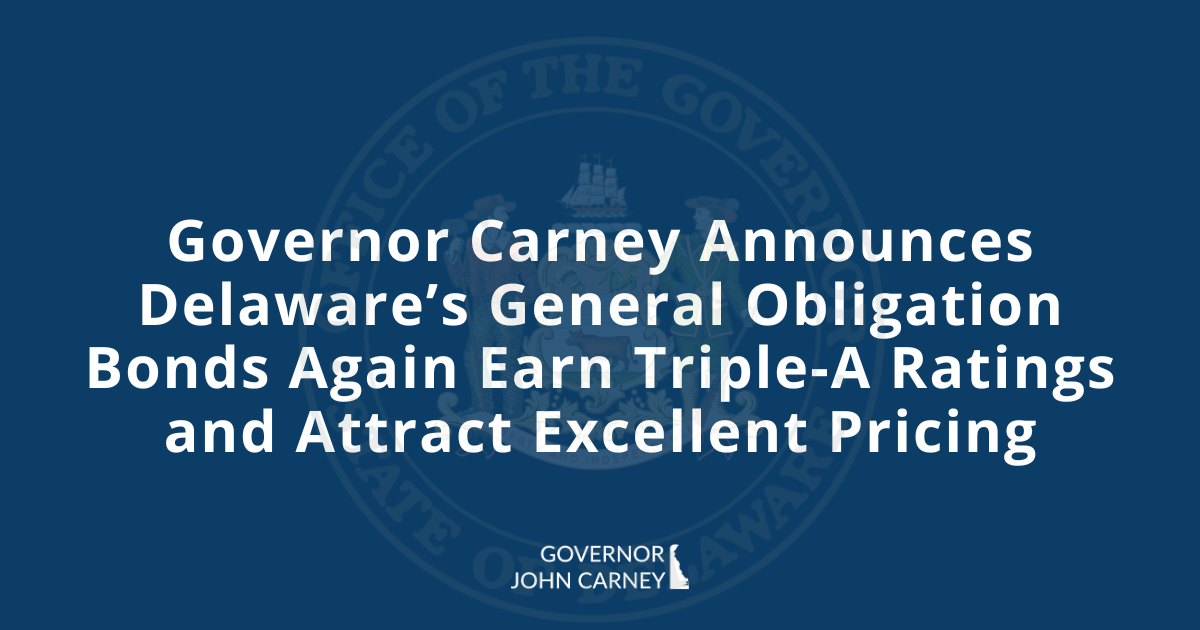Business
Video: Fed Wants More ‘Good Data’ Before Cutting Interest Rates, Powell Says

new video loaded: Fed Wants More ‘Good Data’ Before Cutting Interest Rates, Powell Says
transcript
transcript
Fed Wants More ‘Good Data’ Before Cutting Interest Rates, Powell Says
After the Federal Reserve announced that interest rates would remain unchanged, Jerome H. Powell, the Fed’s chair, signaled that cuts could come this year — though not by the central bank’s next meeting.
-
The committee decided at today’s meeting to maintain the target range for the federal funds rate at 5.25 to 5.5 percent and to continue the process of significantly reducing our securities holdings. We believe that our policy rate is likely at its peak for this tightening cycle, and that, if the economy evolves broadly as expected, it will likely be appropriate to begin dialing back policy restraint at some point this year. The committee does not expect that it will be appropriate to reduce the target range until it has gained greater confidence that inflation is moving sustainably toward 2 percent. We will continue to make our decisions meeting by meeting. We’re looking for greater confidence that inflation is moving sustainably down to 2 percent. Implicitly, we do have confidence and has been increasing, but we want to get greater confidence. What do we want to see? We want to see more good data. It’s not that we’re looking for better data. We’re looking at continuation of the good data that we’ve been seeing.
Recent episodes in Business

Business
How a negotiation over cable fees could weigh on Paramount's sale

Paramount Global’s sale talks with David Ellison’s Skydance Media face a milestone later this week, but the battered Redstone family-controlled media company has been scrambling to meet another deadline — one that also carries huge implications.
On Tuesday, Paramount and Charter Communications agreed to a deadline extension as the two sides worked to hammer out a new distribution agreement for Paramount’s channels, which would replace a three-year pact that was due to expire this week, according to knowledgeable people who are not authorized to comment publicly on the high-stakes talks.
Charter pays Paramount significant fees to carry its channels, including CBS, BET, Comedy Central and Nickelodeon, on Charter’s Spectrum television service. As Paramount‘s cable networks lose viewers and advertising revenue declines, the company must protect the affiliate fees it receives from distributors, including Charter. Paramount cannot afford to lose such a key source of revenue from one of its primary partners.
The outcome of the negotiations could weigh on Paramount’s valuation in the event of a sale.
While the length of the contract extension is not clear, it does give Paramount some breathing room in what has become a chaotic and difficult period.
Paramount’s Chief Executive Bob Bakish was bounced on Monday, amid increasing tensions with controlling shareholder Shari Redstone, who is pushing to sell her stake in her family’s media empire.
He was replaced by three senior entertainment executives who now make up an “office of the CEO.” The company also reported earnings that beat estimates, but executives refused to take questions during their customary conference call with Wall Street analysts.
The company’s stock is down 50% in the past year. Paramount fell 7.2% Tuesday to $11.37 a share.
Nonvoting B-class shareholders have fumed over the terms of the Skydance deal, concluding that it would bestow Redstone with a rich premium at the expense of other shareholders. Meanwhile, independent directors are weighing the Ellison group’s sweetened offer, which has been described as its “best and final.”
Paramount’s board will soon lose five directors, including Bakish.
Even before the boardroom and management turmoil, Paramount was seen as having a weak hand in its negotiations with Charter, which currently offers 25 Paramount-owned television channels to its 13.7 million Spectrum TV subscribers.
“The majority of Paramount’s current U.S. cable networks are at risk,” Bank of America media analyst Jessica Reif Ehrlich wrote in a research note for investors this week, adding that a bad result in the Charter talks could threaten Paramount’s financial foundation and potentially “impact the company’s ability to execute a sale under favorable terms.”
The reason: Paramount’s “TV media segment still generates an overwhelming percentage of the company’s earnings and cash flows,” Reif Ehrlich wrote. Investors and potential buyers have been watching the Charter talks closely as they consider how much Paramount is really worth.
Apollo Global Management has offered $26 billion, including the absorption of Paramount’s nearly $14 billion in debt, which some shareholders favor over the two-phase deal orchestrated by Ellison’s Skydance along with investment firms RedBird Capital Partners and KKR. Paramount had granted the Ellison group 30 days of exclusive negotiations. That period ends Friday, however, sources close to the sales process say they expect the talks to continue past this week.
Paramount and Charter representatives declined to comment.
Paramount Global, long known as Viacom, has struggled to adapt in the streaming era.
Broadcast network CBS has largely maintained its popularity — its February broadcast of the Super Bowl drew a record 123.4 million viewers — but the viewership shift has pummeled Paramount’s cable channels, including MTV, VH1 and Nickelodeon, putting the company in a tough spot.
At the same time, cable companies are losing pay TV customers at a rapid clip and don’t want to give subscribers another reason to flee by asking them to pay more for programming that they don’t necessarily watch.
Stamford, Conn.-based Charter has increasingly balked at paying high fees for cable channels that have been hemorrhaging viewers in recent years as consumers shift to streaming and other video-on-demand options.
Charter also has demanded concessions on carriage terms for streaming services, such as Disney+ or Paramount+, which compete with its Spectrum channel bundles.
Paramount Pictures studio, on Melrose Avenue in Hollywood, has long been a jewel in the Redstone family-controlled media empire.
(Al Seib/Los Angeles Times)
Last summer, Charter drew a hard line during its negotiations with Walt Disney Co., which led to a 10-day blackout of Disney-owned channels, including its ABC and ESPN networks. Charter threatened to permanently pull all the Disney channels from its Spectrum TV service unless Disney caved to some of its demands — a scenario that would have been unthinkable a decade ago.
In the end, Disney sacrificed carriage on Spectrum for several smaller channels, including Freeform.
Losing networks could be particularly painful for Paramount.
More than a decade ago, Paramount programmed nearly three dozen cable channels and collected handsome fees for the distribution rights. However, over the years, distributors including Dish Network and Charter have refused to continue to carry what they view as nonessential ones — and that wrangling was expected to be a key hurdle in the Charter talks.
For example, Charter offers its customers five MTV channels: the main network MTV and spinoffs MTV2, MTV Classic, MTV Live and MTVU. MTV‘s programming lineup relies heavily on “Awesomeness,” a twist on talent competitions. There are four Nickelodeon channels, the flagship kids network as well as Nick Jr., Nick Music and Nick Toons.
Charter is expected to push for the ability to drop channels with meager ratings.
“In our view, the critical carriage would be for Nickelodeon, MTV, BET, Comedy Central and Paramount Network,” Reif Ehrlich wrote.
One sticking point for distributors, including Charter, is that Paramount makes much of its content available to subscribers of Paramount+, the streaming service the company offers for $5.99 to $11.99 a month. That, in some cases, is less than what cable distributors pay for the same content.
The television programmers’ move to offer their own streaming services has rankled distributors, who feel that their longtime partners have turned into rivals. Charter Chief Executive Christopher Winfrey has said his company would take a tougher stance in its carriage negotiations.
“Our goals here are really to re-create a video ecosystem that works for everybody. Today, it doesn’t,” Winfrey said last week on the company’s earnings call. “It’s been broken, and it’s been broken for a while.”
Business
Campaign to erect new city on Solano County ranchland submits signatures for November ballot

A billionaire-backed vision to erect an idealistic new city on scrubby grassland in rural Solano County is one step closer to becoming reality.
On Tuesday, the Bay Area tech leaders behind the campaign, dubbed California Forever, held a news conference to announce that they had turned over more than 20,000 voter signatures to the Solano County registrar in support of putting the issue before local voters. If the county validates at least 13,062 of those signatures, the measure would go before voters in November, seeking to amend zoning codes to allow the residential project to be built on agricultural land.
“Solano voters have made their first decision, and they have made it loud and clear,” said Jan Sramek, a former Goldman Sachs trader who is chief executive of California Forever. “People from all walks of life, all parts of the county are all saying the same thing. They are saying, ‘Yes, we want to have a say in the future of this place that we love.’ ”
John Gardner, the county’s assistant registrar of voters, confirmed his office had received the California Forever signatures Tuesday morning.
Gardner said the endeavor marks the first citizens-led ballot initiative in Solano County in more than 30 years. His office has until June 11 to conduct a preliminary review to determine whether enough valid signatures were submitted to put the measure to a vote.
Along with Sramek, backers of the project include LinkedIn co-founder Reid Hoffman, venture capitalist Marc Andreessen, and Patrick and John Collison, who founded the payment-processing company Stripe. As part of their campaign, California Forever in March released an aerial view of the group’s plans for a community of tens of thousands of homes, surrounded by open space and trails, using renewable energy sources.
Backers tout the project as an innovative way to create more affordable housing in close proximity to the Bay Area. The designs call for transforming 18,000 acres now dedicated to ranching and wind farms into a community of 50,000 residents that grows, over time, to as many as 400,000. The project promises 15,000 higher-paying jobs in manufacturing and technology, as well as parks, bike lanes and a solar farm.
Even if the measure is certified for the November ballot and voters approve it, the project faces a number of challenges and regulatory hurdles. Chief among those are additional approvals, including from the federal government, and the specter of lawsuits from environmental groups that have signaled they intend to take the nascent effort to court.
The project’s development began years ago with a series of mysterious land purchases by a secretive LLC called Flannery Associates. The group bought thousands of acres of farmland, totaling more than $800 million, over several years, raising concerns it was a front for foreign actors seeking to spy on nearby Travis Air Force Base.
Instead, the group’s members were revealed not as spies but as titans of the tech industry laying the groundwork for a model city that California Forever and its supporters say will help recast California’s image. While environmentalists and other critics have questioned that claim, the outfit pledges that the city will be green, walkable and socioeconomically diverse.
Business
Oatmilk dessert, hot honey seasoning, gluten-free items: Walmart launches branded food line

Walmart on Tuesday launched a line of store-branded groceries, stocking shelves with items like hot honey seasoning, a frozen dessert made of oat milk and several offerings for shoppers avoiding gluten or added sugar.
The line called Bettergoods marks the retail giant’s push to captivate more consumers, especially younger ones, and to win over more of a market dominated, in recent years, by companies such as Monrovia-based Trader Joe’s and Costco whose store-branded items — including chocolate-covered banana slices or chile and lime rolled tortilla chips or anything under the Kirkland Signature brand — have built cult followings of their own.
Private-label store brands have grown more popular in recent years as consumers have faced rising costs. Supermarket giant Kroger Co. previously announced it plans to add more than 800 private-label products this year.
Most of the new Walmart items, which will max out in cost at around $15, will sell for less than $5, according to a statement from the Bentonville, Ark.-based company on Tuesday.
Walmart executives said the new line marks the company’s largest private-brand food launch in 20 years.
Scott Morris, Walmart’s senior vice president of private brands, food and consumables, described the line as “quality, unique, chef-inspired food at an incredible value” — a nod to consumers’ desires for both trendy, flavorful foods and cutting costs amid stubbornly high inflation.
The new items fall into three categories — items geared toward food trends, a section of plant-based options branded with green packaging and a group of “Made Without” products for shoppers looking for items without gluten, added sugar or artificial flavors or colorings.
Among items customers can now find on shelves: a container of hot honey seasoning for around $3, oat milk dessert for $3.44 a pint and a line of soups served in jars for around $4.
The addition of 300 items will mean less coveted shelf space for other brands fighting for placement in stores.
The launch, which was reported first by the Wall Street Journal, comes as Walmart scales back investments in other areas, including shuttering several health clinics it opened in recent years.
A Walmart spokesperson declined to say how many people would lose their jobs but said the clinics likely would close in two to three months.
Bloomberg News contributed to this report.
-

 Education1 week ago
Education1 week agoVideo: Dozens of Yale Students Arrested as Campus Protests Spread
-

 World1 week ago
World1 week agoEU sanctions extremist Israeli settlers over violence in the West Bank
-

 Politics1 week ago
Politics1 week agoFetterman hammers 'a–hole' anti-Israel protesters, slams own party for response to Iranian attack: 'Crazy'
-

 Politics1 week ago
Politics1 week agoDemocrats hold major 2024 advantage as House Republicans face further chaos, division
-

 World1 week ago
World1 week agoPeriod poverty still a problem within the EU despite tax breaks
-

 Politics1 week ago
Politics1 week agoA battle over 100 words: Judge tentatively siding with California AG over students' gender identification
-

 Movie Reviews1 week ago
Movie Reviews1 week agoShort Film Review: Wooden Toilet (2023) by Zuni Rinpoche
-

 World6 days ago
World6 days agoHaiti Prime Minister Ariel Henry resigns, transitional council takes power


















